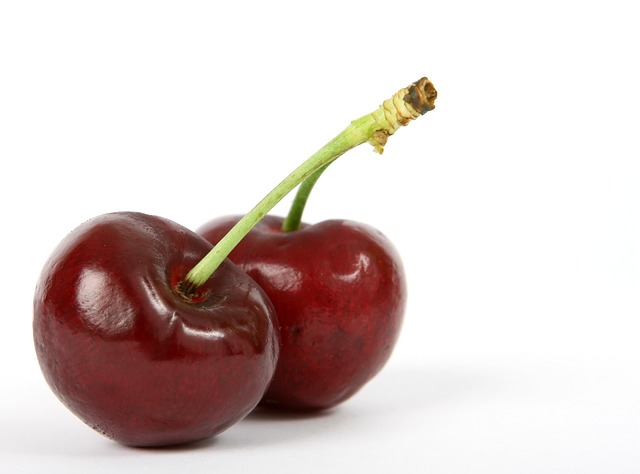Unlocking Your Potential: How Probiotics Enhance Athletic Performance and Recovery
The Role of Probiotics in Athletic Performance
Athletes are constantly striving to reach their maximum potential. They push their bodies to the limit, both in training and competitions. While factors such as diet, training routines, and mental preparation play key roles, there is another element that is often overlooked – the microbiome.
The human body is home to trillions of microbes, including bacteria, viruses, and fungi. These microbes, particularly the bacteria residing in the gut, play a significant role in our overall health and well-being. Probiotics, often referred to as “good bacteria,” are live microorganisms that provide numerous health benefits when consumed in adequate amounts.
Recent studies have shown a clear connection between the gut microbiome and athletic performance. A well-balanced gut flora can influence various aspects of an athlete’s performance, including energy metabolism, nutrient absorption, immune function, and even mental resilience.
Enhancing Energy Metabolism and Nutrient Absorption
Probiotics help enhance energy metabolism by aiding in the breakdown and absorption of nutrients. These beneficial bacteria produce enzymes that facilitate the digestion of carbohydrates, proteins, and fats, converting them into usable energy.
Furthermore, probiotics can improve nutrient absorption by increasing the surface area of the intestinal lining, allowing for better absorption of key nutrients such as vitamins, minerals, and amino acids. This improved absorption can lead to increased energy levels and overall athletic performance.
Boosting Immune Function
Athletes often push their bodies to the limit, making them more susceptible to infections and illnesses. Prolonged and intense exercise can temporarily suppress the immune system, leaving athletes vulnerable to various pathogens.
Probiotics play a crucial role in supporting immune function. They help modulate the immune system, promoting a balanced response and enhancing the body’s ability to fight off infections. By maintaining a healthy gut microbiome, athletes can reduce their risk of developing common infections, such as respiratory tract infections and gastrointestinal disturbances.
Promoting Muscle Recovery and Reducing Inflammation
Intense exercise leads to muscle damage, inflammation, and oxidative stress. This damage triggers the body’s natural repair and recovery mechanisms, which are essential for muscle growth and adaptation. Probiotics have been found to aid in this recovery process.
Certain strains of probiotics, such as Lactobacillus and Bifidobacterium, have anti-inflammatory properties. They can help reduce exercise-induced inflammation, speed up the healing process, and promote muscle repair. By incorporating probiotics into their routine, athletes may experience faster recovery times, allowing them to train more effectively and consistently.
Maintaining Mental Resilience
Optimal athletic performance not only relies on physical fitness but also on mental resilience and focus. The gut microbiome has a surprising influence on mental health and cognition, thanks to the gut-brain axis.
Probiotics interact with the gut-brain axis, producing neurotransmitters and other signaling molecules that can affect mood, stress responses, and cognitive function. By maintaining a healthy gut flora, athletes may experience improved mental resilience, reduced anxiety, and enhanced focus during training and competitions.
Conclusion
Incorporating probiotics into an athlete’s routine can provide numerous benefits for overall performance and recovery. These “good bacteria” support energy metabolism, enhance nutrient absorption, boost immune function, promote muscle recovery, and even aid in maintaining mental resilience.
While further research is needed to fully understand the complex relationship between probiotics and athletic performance, the evidence so far suggests that unlocking your potential may start with taking care of your gut. So, consider adding probiotic-rich foods like yogurt, kefir, sauerkraut, and kimchi to your diet or consult with a healthcare professional to find the most suitable probiotic supplement for your needs.







